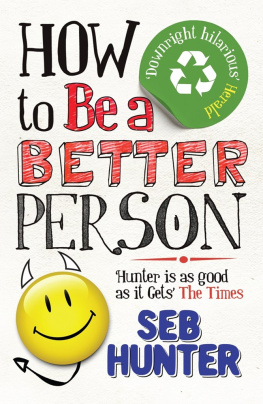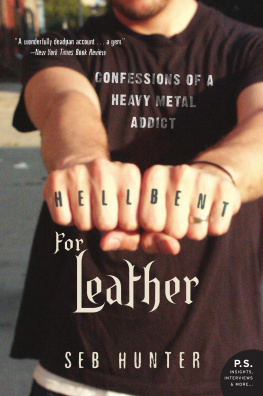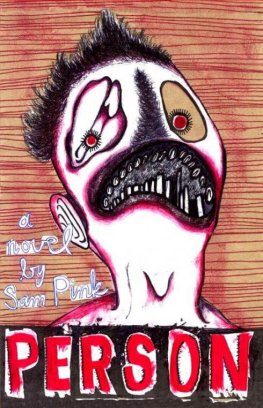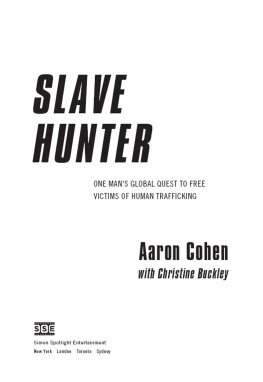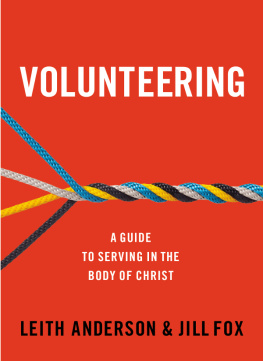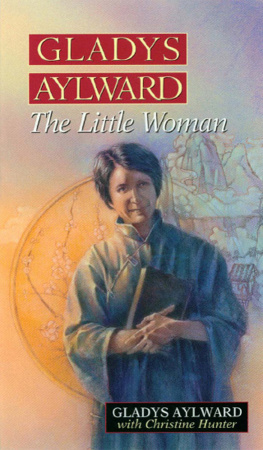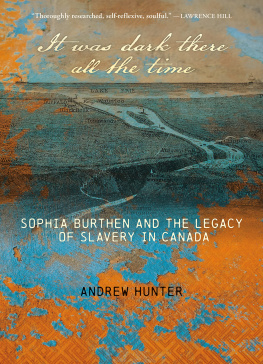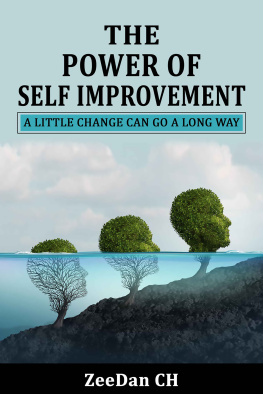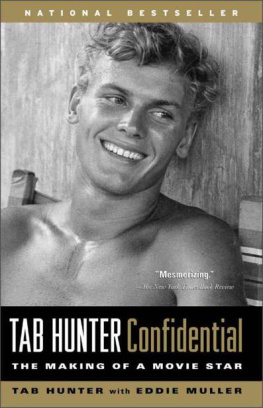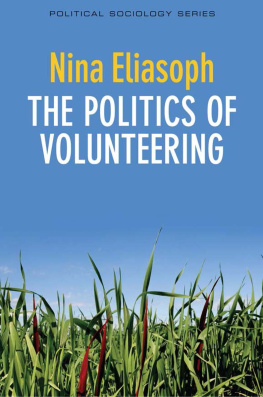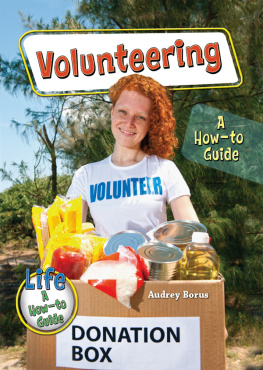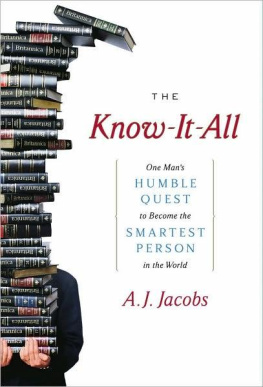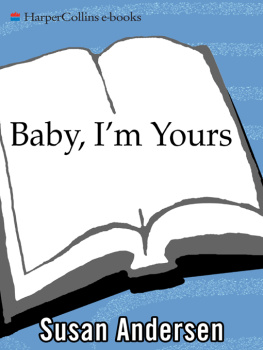HELL BENT FOR LEATHER:
CONFESSIONS OF A HEAVY METAL ADDICT
ROCK ME AMADEUS:
WHEN IGNORANCE MEETS HIGH ART,
THINGS CAN GET MESSY
First published in trade paperback in Great Britain in 2009 by Atlantic Books, an imprint of Grove Atlantic, Ltd.
This paperback edition first published in 2010 by Atlantic Books.
Copyright Seb Hunter, 2009
The moral right of Seb Hunter to be identified as the author of this work has been asserted by him in accordance with the Copyright, Designs and Patents Acts of 1988.
All rights reserved. No part of this publication may be reproduced, stored in a retrieval system, or transmitted in any form or by any means, electronic, mechanical, photocopying, recording, or otherwise, without the prior permission of both the copyright owner and the above publisher of this book.
Every effort has been made to trace or contact all copyright-holders. The publishers will be pleased to make good any omissions or rectify any mistakes brought to their attention at the earliest opportunity.
Some names have been changed.
1 3 5 7 9 10 8 6 4 2
A CIP catalogue record for this book is available from the British Library.
978 1 84887 486 2
eISBN: 978 1 84887 486 2
Printed in Great Britain
Atlantic Books
An imprint of Grove Atlantic Ltd
Ormond House
2627 Boswell Street
London WC1N 3JZ
www.atlantic-books.co.uk
for Roo
By three methods we may learn wisdom.
First, by reflection, which is noblest; second, by imitation, which is easiest; and third, by experience, which is the bitterest.
Confucius
My house, Brentford, west London
Tuesday afternoon, during Countdown
The phone rang.
Unlike a lot of people, I like it when the phone rings; it might be something exciting: somebody with some money,
Usually its none of those things; usually its someone in a call centre, often a call centre somewhere on the Indian subcontinent. Their name is Keith, even though their names not really Keith, its Tajinder, but the powers that be demand they anglicize their names to make you and me feel more comfortable. I hate these cold calls as much as the next person (every time I hang up I make a promise that Im going to go ex-directory) but I always try to be polite and hear them out, before explaining firmly that Im not interested in a free mobile phone or anything else thank you very much, sorry, no really, goodbye now, sorry again, cheerio, goodbye! I make it cheery so as not to make them feel rejected or bad about themselves. Then I feel bad about myself for five to ten seconds before getting on with whatever I was doing before, i.e. waiting for my agent to call with news of lucrative foreign rights sales.
So the phone rang and all this went through my head again. Maybe, at last, its someone with some money! I snatched at the receiver excitedly.
Hello?
Am I speaking with the homeowner?
The heart sinks.
Yeesssss.
My names Sue and Im calling from the NBCS...
The Nautical... Bird... Canoeing... Society?
... thats the National Blind Childrens Society. And were looking for volunteers to collect money in their own neighbourhood, delivering envelopes and then a few days later collecting them again. Would you mind helping out?
My mouth opened to say no thanks but then my untrustworthy subconscious lurched into action: deliver a few envelopes on my own street? Go and collect them afterwards? Why the hell not? In a moment of sudden madness I heard myself unexpectedly pronounce: Yes, why not. I think. Yes, OK. But hang on, erm.
Yes?
All right then.
Great. Just give me your address and Ill pop it all in the post. Instructions are included. Thanks. And she hung up.
I was immediately flooded with wave after wave of delicious, self-righteous serotonin. Somewhat pathetically, I felt an urge to text some of my friends, informing them what a wonderful and selfless thing it was that I had just agreed to do. I imagine this was a similar sensation to having just had ones bank details expertly stripped by Tigger-esque charity muggers down on the high street: feeling a little more buoyant in your soul but with a slight yet distinct sense of unease. Did I really want to do that? Have I been had somehow?
Sadly, this kind of reaction to having done something even vaguely altruistic is these days the rule rather than the exception. Most of us lead incredibly selfish lives straight-ahead, blinkers-on, me, moi, ich looking out for number one. Lifelong, short-sighted self-interest is wholly acceptable here in the early twenty-first century, indeed often positively encouraged by our inescapable double-barrelled godheads: consumerism and cynicism.
I am a consumer. I am a cynic. But I would like to be less so. I believe that being a good person, with all the responsibility and possibly hard work that might entail, is fundamental to leading a full and rewarding life. Im not religious, so I have no spiritual dogma going down here its just a yin and yang thing: cause and effect, effect and cause making a unity of opposites. You get what you give. The love you make is equal to the love you take. As you can see, I have started to regurgitate pop song lyrics, probably in a consumerist and cynical way. And all this pop-cultural meaninglessness clogs up the parts of the brain that presumably used to back in the olden days be filled with hale and hearty doses of fraternal philanthropy. We used to be nicer. Its true, our grandparents insist; or at least they would if we ever listened to them. Nowadays we cant because theyre in a care home, as this makes our lives easier. Is this the world we created?
We children of the seventies and eighties certainly do less for other people than our parents generation did and, indeed, still do. Part of this has to do with the fragmentation of the community, a process hurried along by Margaret Thatcher and her infamous line: Theres no such thing as society only individuals. Licence to ill, in other words. More cynical is the less famous yet eviller still Thatcher quote: No one would remember the Good Samaritan if hed only had good intentions; he had money as well.
This state-sponsored selfishness was unprecedented; it branded a deep ideological fissure into the nations consciousness. The great myopic gold rush had begun; a gold rush barely even mediated by over a decade of Labour government; indeed they positively encouraged it. And its too late to force this particular genie back into its bottle now the genie is a hedge fund expert and has assured his dominance by wiping out magic lanterns through relentless speculation on futures trading. Sigh.
My own parents were always active in their community and elsewhere. My mother was a teacher and Red Cross volunteer. My late father would get involved in good deeds locally if there was a drink in there for him somewhere (anything pub-sponsored, for example). This giving of themselves to the community at large defined them and others like them, and continues to this day. It conferred a sense of innate Goodness; of wisdom and trustworthiness proof that there was such a thing as society after all. In being fundamentally unfashionable myself, I feel its my generational responsibility to attempt to preserve this unfashionable attitude. By taking my foot off the egocentric gas, could I possibly become a bit more (although not too much, thanks) like my parents and less like... well, me?

